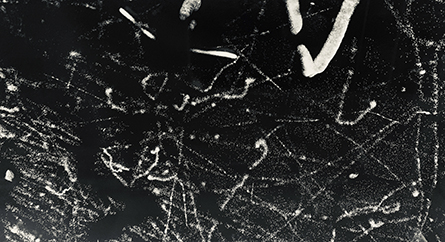URL: https://physikseminar.desy.de/zeuthen/colloquia_in_2019/8_may_2019/@@siteview
Breadcrumb Navigation
Tracking challenges at colliders
Pierfrancesco Butti | CERN
Seminar room 3, 14:00
In collider physics experiments, particles produced by every beam collision event travel outwards through detectors, leaving different signatures in the various sub-systems. The precise measurement of charged particle trajectories allows extracting the particles' momentum and production location and is a key ingredient for building up of higher-level observables for physics analysis. The traditional algorithms are based on seeded track finding using the Kalman filter formalism and trajectories fit for the extraction of precise particle kinematics have been used with great success in the experiments thus far. Such algorithms suffer from some limitations due to combinatorial explosion as function of number of hits in the tracking devices due to a large number of concurrent collisions or to loss of efficiency in very dense environments such as the core of boosted jets. In this seminar, I will present the state of the art of the current tracking algorithms improvements foreseen for the Large Hadron Collider Run-3. I will then discuss new ways of thinking about track reconstruction, such as hardware based solutions for online tracking and the utilisation of machine learning techniques with a view on future research in the optic of the High Luminosity LHC and other collider experiments.

Copyright CERN


